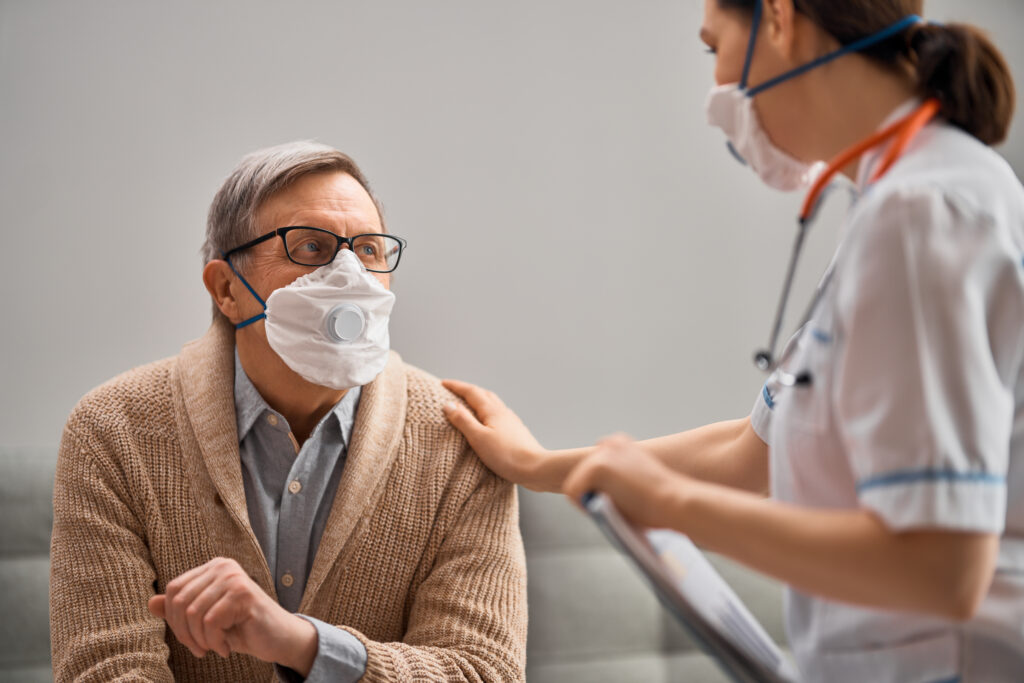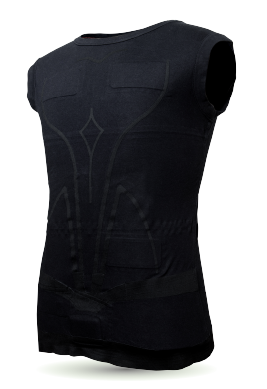Keesense
Brochure
Please complete the form below and we will send you our brochure
Contact

During the COVID-19 pandemic, Remote Patient Monitoring (RPM) has been creatively utilized to detect early warning signs, monitor patients at home (to preserve bed space at hospitals), and conduct post-discharge follow-up for COVID-19 “long-haulers.”
According to a Kaiser Permanente study, RPM for COVID-19 patients was very effective in preventing hospital admissions and improving recovery from the virus. Researchers found that only 10% of the 13,055 patients studied with access to the RPM kit were admitted to the hospital and only 0.2% of those patients died while participating. These patients tended to be 60 or older with existing comorbidities, such as obesity or hypertension.
Researchers at Harvard Medical School reported similar findings regarding COVID-19 RPM programs and noted that they allow health professionals to track the health status of COVID patients in the comfort of their home environments, which reduces hospital utilization. They also found that RPM significantly reduced readmissions for these patients.

Keesense is a connected medical device (CE Class IIa) in the form of a t-shirt which allows a real-life measurement of multiple physiological parameters, including key vital signs for tracking COVID-19 symptoms such as respiration, temperature, and electrocardiogram. The analysis of original indicators around HRV (Heart Rate Variability) and nocturnal heart rate allows a more precise and continuous respiratory follow-up. The simultaneous analysis of these different indicators can thus help health professionals in their diagnosis.
All smart sensors are fully integrated into the machine washable t-shirt that is worn just like any everyday garment, therefore making it very comfortable and easy to use for COVID-19 patients.
A recent study, tracking 1,733 people diagnosed with the coronavirus virus, shows that 76% of people who had been hospitalized for COVID-19 still had at least one symptom 6 months after recovering. Those who had severe COVID-19 were more likely to experience lingering respiratory issues, due to lung damage. Harvard Health also summarized that the virus-induced inflammation can also cause heart damage due to the formation of a blood clot in a vulnerable heart artery, blocking delivery of oxygen to the heart muscle.
Healthcare professionals can use Keesense to support COVID-19 patients throughout their care journey by remotely monitoring the evolution of their health status, to mitigate in-person contamination while being able to stay on top of patients’ topical COVID-19 symptoms (such as temperature and oxygen levels) but also other forms of medical complications as caused by the virus infection such as heart and lung damage –– via built-in sensors for detecting signals such as electrocardiogram and thoracic respiration. Keesense’s ability to reliably and continuously track a wide range of physiological parameters enables healthcare providers to have a clear picture of patients’ overall total health status, so they can intervene and preempt in a timely manner while allowing COVID-19 patients to recover in the comfort of their home or elsewhere beyond the hospital walls

| Cookie | Duration | Description |
|---|---|---|
| cookielawinfo-checkbox-analytics | 11 months | This cookie is set by GDPR Cookie Consent plugin. The cookie is used to store the user consent for the cookies in the category "Analytics". |
| cookielawinfo-checkbox-functional | 11 months | The cookie is set by GDPR cookie consent to record the user consent for the cookies in the category "Functional". |
| cookielawinfo-checkbox-necessary | 11 months | This cookie is set by GDPR Cookie Consent plugin. The cookies is used to store the user consent for the cookies in the category "Necessary". |
| cookielawinfo-checkbox-others | 11 months | This cookie is set by GDPR Cookie Consent plugin. The cookie is used to store the user consent for the cookies in the category "Other. |
| cookielawinfo-checkbox-performance | 11 months | This cookie is set by GDPR Cookie Consent plugin. The cookie is used to store the user consent for the cookies in the category "Performance". |
| viewed_cookie_policy | 11 months | The cookie is set by the GDPR Cookie Consent plugin and is used to store whether or not user has consented to the use of cookies. It does not store any personal data. |
